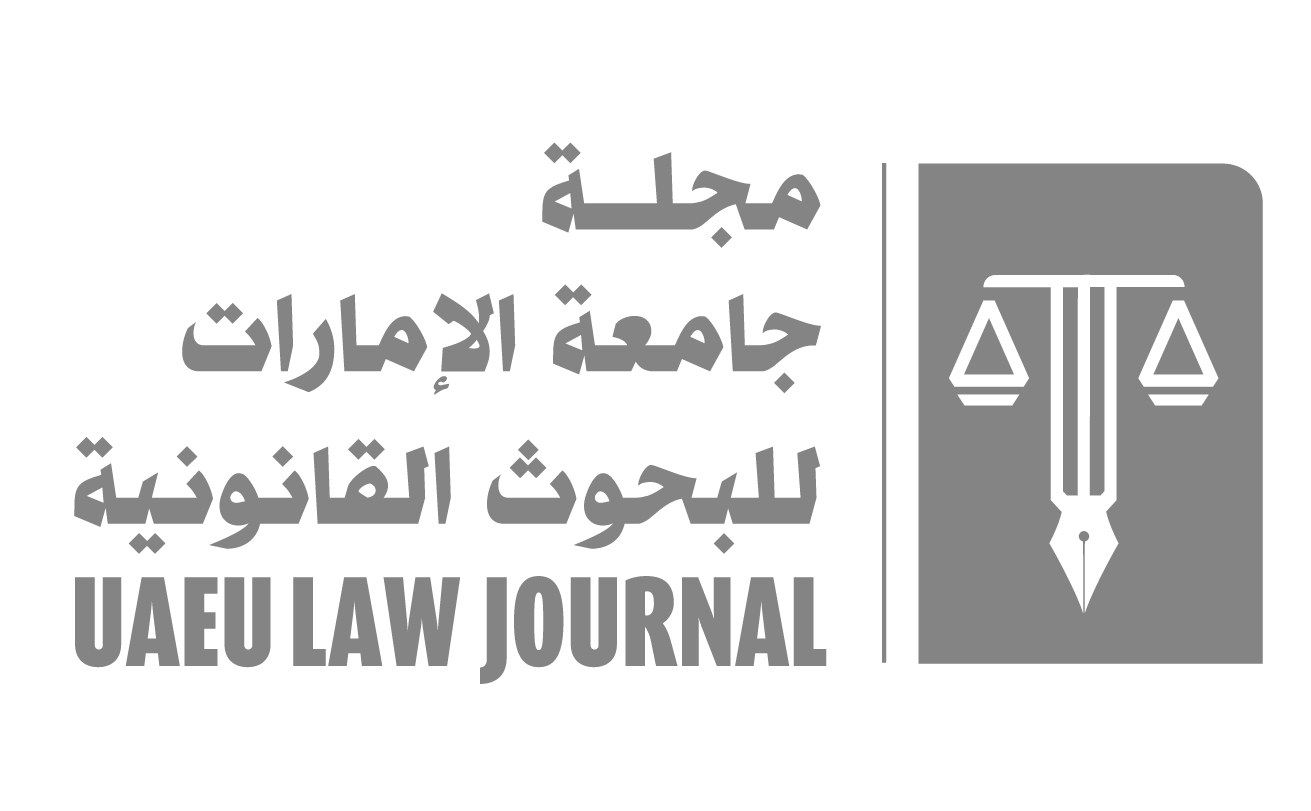
Abstract
Algerian legislation has included provisions related to what is known as artificial insemination under Article 45 of the Family Code, after its amendment, without defining it, as well as deficiency in controlling its conditions. However, the new health law 2018 remedied the matter, by means of a new, more accurate and meaningful designation (medical assistance for reproduction), based on most modern legislation in the medical field, such as French law, UAE law and others. As well as explaining the terms and conditions for performing this type of reproductive method. However, this dual regulation of the Medicaid Reproduction Mechanism between the family laws and the new health law, with the time difference between the two legislations, prompts us to highlight the extent of the need for integration between the legislative, regulatory and procedural side, in addition to addressing the limits of harmony and harmony between the two legislations, far from any Contradiction or overlap that may arise. This is because such a clinical and biological practice is surrounded by very precise and strict legal and health controls and restrictions, under penalty of legal responsibility and punishment.
Recommended Citation
Seghir, Dr. Muorad and Yazid, Dr. Dellal
(2022)
"The Legislative Development Regulating Medically Assisted Reproductive Technology in Algerian Law: A comparative analytical Study,"
مجلة جامعة الإمارات للبحوث القانونية UAEU LAW JOURNAL: Vol. 92:
No.
92, Article 4.
Available at:
https://digitalcommons.aaru.edu.jo/sharia_and_law/vol92/iss92/4

